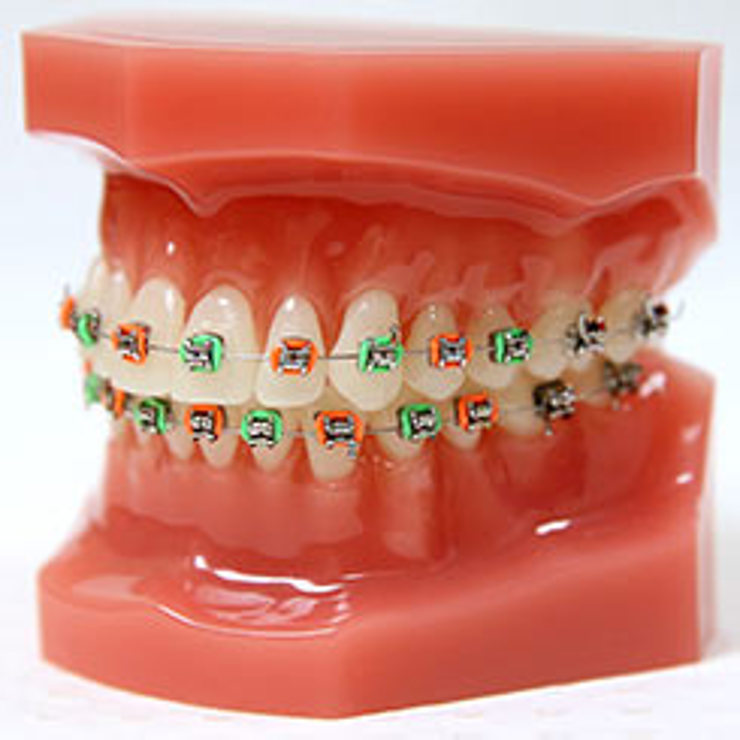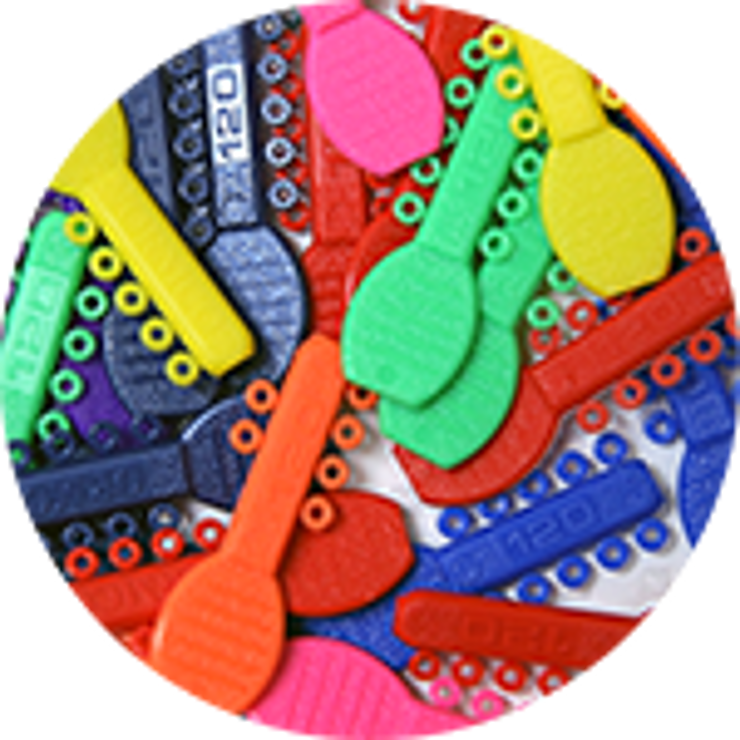Everything you need to know about braces, the do’s and don’ts and the working parts to make living with braces a little easier.
Living With Braces
Diet
There are three main food groups you need to avoid, these are hard, sticky, and chewy foods.
You should also avoid food and drink with lots of sugar to avoid decay and white marks that you often don’t see until your braces are removed. Remember to rinse with water directly after consuming something sugary and brush your teeth onehour later. Brushing sooner than this may cause abrasive damage to your teeth.
We recommend avoiding hard biscuits, lollies and food with hard crusts.
It's also important to take care when eating meat and harder fruit and vegetables.
- Don’t bite into meat on the bone as this may damage your braces
- Apples and other firm fruit need to cut into quarters
- Raw vegetables such as carrots need to be cut into sticks
- Fibrous meats that may be found in casseroles need to be cut smaller to avoid damage
Sugar-free chewing gum is allowed after you have had at least two wire change appointments.
Wondering about the right way to wear elastics?
Elastics are the small rubber bands that assist braces in moving your teeth and improving your bite. The wearing of elastics is an important stage of orthodontics. It's essential that you wear your elastics all the time as instructed. If you don't wear your elastics, your treatment progress will stop. Poor co-operation in wearing elastic means that no progress whatsoever occurs in treatment.
You may experience some discomfort when you first start wearing elastics, this is normal and will ease with constant wear.
Change your elastics every day or as instructed. Elastics should only be removed for tooth brushing and then replaced immediately. Always keep spare elastics with you in case of breakage or loss. If you run out of elastics or lose them, please phone our clinic and we will mail you a replacement bag or you can call in and collect more. If you have difficulty putting them on, please let us know.
Working Parts Of Braces
Brackets
These are bonded (glued) to the tooth surface and hold the archwire in place; they may be either stainless steel or ceramic.
Bracket with tube and hook
The back one or two brackets have a tube that the archwire runs through. The end of the wire is bent around the back of this bracket.

Hooks & Elastic Rubber Bands
The hooks are used for the attachment of elastics. The elastics help move teeth toward their final position. The elastics are changed at least once a day by the patient.
Archwire
This is the main wire that is fitted into the slots in the brackets or through the tubes in the case of the very back brackets. It starts out being flimsy and quite bendy and as treatment progresses the wire is changed so it is more robust and resistant to any deformation.
O-Rings
Often referred to as colours although they may be clear.
The role of the O-Ring is to hold the archwire firmly into the slots on the brackets.

Elastic Chain
These are sometimes used instead of O-rings and is lightly stretched and can be fixed to each bracket or just some, to provide a gentle tooth-moving force that usually closes gaps or spaces.
Undertie
When your braces are placed initially there may be a thin extra support wire that is placed underneath the main archwire.